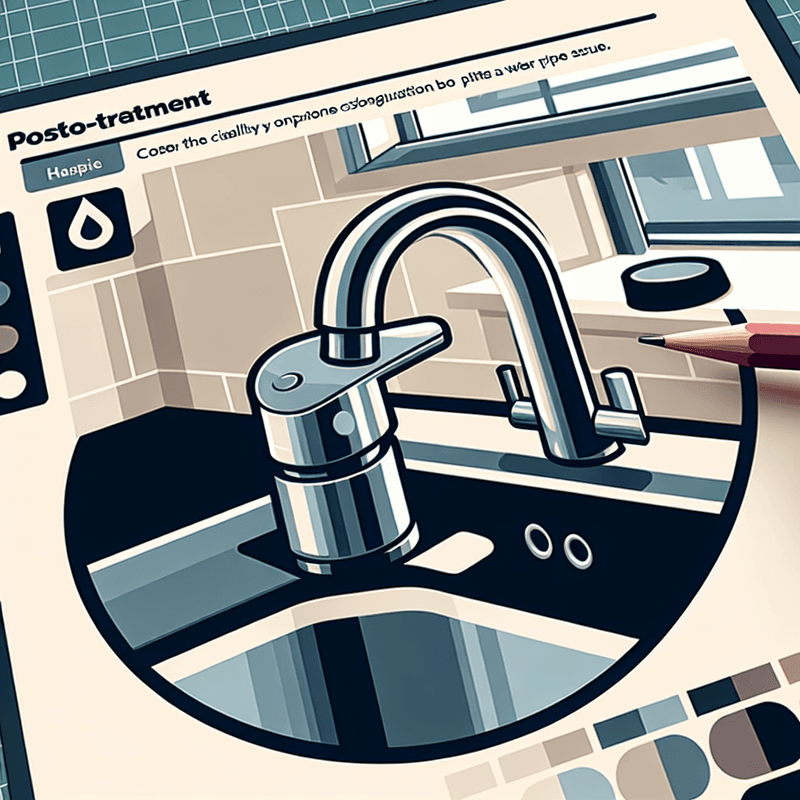Experiencing a boiler pressure drop can be a perplexing issue for many. Often, you might find yourself revisiting the boiler to tweak settings or repressurise the system, hoping that this time it holds. The constant battle to maintain the right pressure is not just frustrating but could point towards underlying issues that need attention.
Understanding Boiler Pressure and Why it Matters
Boiler pressure is crucial for the heating system's operation, playing a pivotal role in circulating hot water in your radiators and taps. Typically, a healthy boiler should maintain a pressure gauge reading between 1 and 1.5 bar. Anything below or above this range could hinder your boiler's efficiency or lead to a system failure.
Troubleshooting Falling Boiler Pressure
Sudden or gradual losses in boiler pressure are often symptomatic of bigger issues within your home’s heating system. Detecting the reason is essential for safeguarding the longevity and functionality of your unit.
1. Check for Leaks
Start inspecting all visible pipes and radiators for any signs of leaks. Water patches or rusty areas can be tell-tale signs. Remember, sometimes leaks can be hidden beneath floors or inside walls, so look out for damp patches or unusually moist areas.
2. Examine the Pressure Relief Valve
A malfunctioning pressure relief valve, which is designed to release water in case of excessive pressure, could be releasing water unnecessarily. If the valve leaks, the boiler pressure will drop. A continuous water drip from the discharge pipe outside your house is a common indicator.
3. Look at the Expansion Vessel
An expansion vessel compensates for the increase in water volume as it heats up inside the boiler. If the membrane within this vessel fails, it could result in pressure issues. Typically, you may need a professional to correctly diagnose and fix an expansion vessel problem.
4. Investigate for Corrosion and Wear and Tear
Corrosion in pipes or radiators can lead to small fissures, which incrementally reduce pressure. Older systems are particularly prone to such wear.
Immediate Steps to Mitigate Low Boiler Pressure
Increasing the pressure in your boiler is a temporary fix and can be done by following the manufacturer’s manual. Usually, this involves opening the filling loop to allow more water into the system until the correct pressure is restored.
Know When to Call a Professional
While repressurising your boiler can be a DIY task, solving the root cause of dropping pressure often requires professional insight, especially if you suspect a leak or a faulty component. An annual boiler service by a certified engineer not only helps in maintaining the efficiency of your boiler but also in identifying potential issues before they turn into costly repairs.
Preventive Measures to Avoid Future Pressure Issues
Regular maintenance is key to preventing pressure problems:
- Schedule Regular Checks: Ensure your boiler and heating system are checked annually.
- Look for Early Signs of Leaks: Keep an eye on your boiler pressure gauge regularly to catch drops in pressure early.
- Consider System Enhancements: Sometimes, upgrading parts of your heating system, like installing a magnetic filter to capture debris and prevent blockages, can prolong the life of your boiler.
Conclusion
Losing boiler pressure is not uncommon, but frequent drops are a matter of concern that often points towards persistent faults in your system. Monitoring your boiler for any irregularities and maintaining regular service check-ups can help in keeping your system in optimal condition. If you find the pressure dropdown too often, it’s advised to consult with a heating engineer who can provide more insights and durable solutions. This proactive approach will not only ensure your boiler runs efficiently but also saves on potential future disruptions and repairs.





